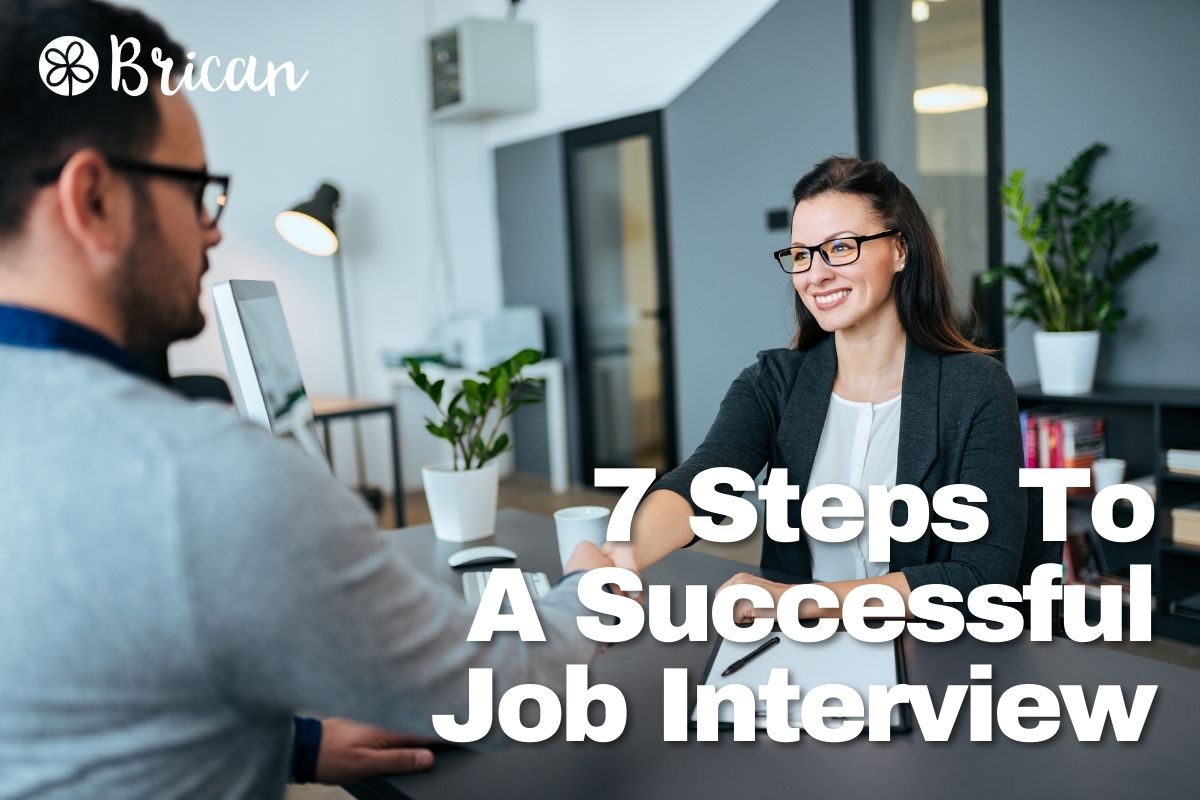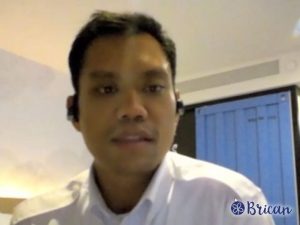You just celebrated your tenth anniversary at the company and now think it’s time to move on. It’s been a while since you last looked for a job let alone receive an invitation to a job interview. Nevertheless, you’re a little rusty in that department—your last job interview was ten years ago. Worry not, here’s a little refresher to help you transition into the next phase of your life.
What to Do Before a Job Interview
- Do Research About the Company
- Write a Simple Introduction
- Look the Part
- Anticipate Difficult Questions
- Don’t Forget to Ask Questions
- Follow Up
Study the Job Description

It goes without saying that your experience and qualifications must align with the description your potential employer has listed in the advertisement.
So, identify the basics such as job title and role in the company.
Setting your expectations just right will not only save you from disappointment, but it also sets you apart from candidates who are just trying their luck by applying without having proper credentials. Besides that, know whether you will need to relocate or not—or if you will be working remotely from home.
Apart from that, adjust a realistic expectation for your salary without compromising too much of your self-worth. Although if the description does match your experience and qualifications, sell yourself to justify why you are worthy of the salary you’re proposing.
Do Research Before The Job Interview

Some companies are laid-back—hierarchy among staffs is almost non-existent and you don’t need to always address your superiors with Ms. or Mr. In these companies, you are allowed to wear casual clothes so long as it is appropriate and modest.
Other companies care deeply about how you address higher management, and a warning letter could be issued if you wear anything that even resembles sweatpants.
Read up on the company by going to their website (particularly in the ‘About Us’ section) or by reading reviews online. Glassdoor is an excellent website for you to check out what former employees have said about the company. Following the company on social networking sites such as Instagram, Twitter or Facebook is a good way to familiarise yourself with how they interact with their followers/customers. The content and tone of their posts is good indicator of their organisational culture as well.
Write a Simple Introduction

A good introduction doesn’t have to be lengthy. That said, it’s always good to write it down so you don’t veer off during the interview. You can start by mentioning your name and the position you held at the current company (for fresh graduates, it would be wise to mention the name of the company you interned at along with all the roles and responsibilities you undertook).
Also, don’t forget to include any outstanding achievements too—recruiters can identify your skills based on the training or courses you have completed.
A hunger to develop oneself professionally is tell-tale sign of a skilled worker.
Look the Part

“You never get a second chance to make a first impression”
We’ve all heard this saying before. A good first impression shows that you’re a serious candidate who puts effort into looking presentable. For men, this might mean a button-down shirt with blazer and slacks. If the job you’re applying for is in academia—teaching/lecturing/tutoring—a tie is very much expected.
For women, a blouse and dress pants are appropriate for a job interview. These days, you will even see ‘Baju Kurung’ being worn to interviews at private companies too.
A good rule of thumb is to look professional for your job interview regardless of the company’s ensuing working culture.
Therefore T-shirts, shorts, sundresses, and sandals are a big no-no.
Anticipate Difficult Questions

Beyond questions like “Why do you want to work here?” or “What interests you about this role?”, employers will want to know why you are leaving your current job. Your ability to answer this question could demonstrate your comfort doing difficult tasks.
Avoid describing your previous employer using strong words as it might indicate lack of professionalism at your end and that ties between the both of you were cut off in a less than desirable way.
You may also be asked about your strengths and weaknesses during interviews—although, thinking about strengths will be easier than to discuss about weaknesses for most people. Whatever your weaknesses may be, make sure to include an action plan to show you’re already working to address them.
Don’t Forget to Ask Questions

The most common mistake interviewees make is to not ask the interviewer any questions at all during the job interview.
Although you may think you’re being polite by not asking questions, the interviewer might perceive you as being passive or not interested in the position if you don’t have at least one or two questions ready.
Try asking about the next step of the interview or the criteria they are looking for in the people they hire. Ideally you can also ask them how well you did and if applicable, which areas of the interview you need to work on.
Having said that, avoid asking questions like “When can I start applying for my annual leave?” as this might indicate that you’re not serious about the job.
Follow Up
So you’ve completed the job interview and is now awaiting the outcome.
Sending a thank you note and following up with the people you communicate with shows that you are grateful for their time and are excited about the position.
The email that you send is also the perfect opportunity to invite them to ask any additional questions (if any) and that you’re looking forward to hearing back from them. Don’t forget to include your contact information too and to end the email with a professional and friendly closing.
Speaking English is tough as it is but speaking English for work matters is even more intimidating. Within just 16 sessions, Brican will prepare you with the right skills to help you speak English confidently. Go to englishclassforadults.com/english-courses/ to find out more about our course specifically designed for the working adult!
Written by Arif Norkulis
References:
https://www.indeed.com/career-advice/interviewing/how-to-prepare-for-an-interview
https://www.reed.com/articles/researching-a-company-before-an-interview
https://www.experis.com/en/insights/articles/2021/05/25/20-tips-for-great-job-interviews
https://www.thebalancecareers.com/how-to-prepare-for-a-job-interview-2061361
https://www.prospects.ac.uk/careers-advice/interview-tips/how-to-prepare-for-an-interview
https://www.thebalancecareers.com/best-interview-attire-for-every-type-of-interview-2061364



